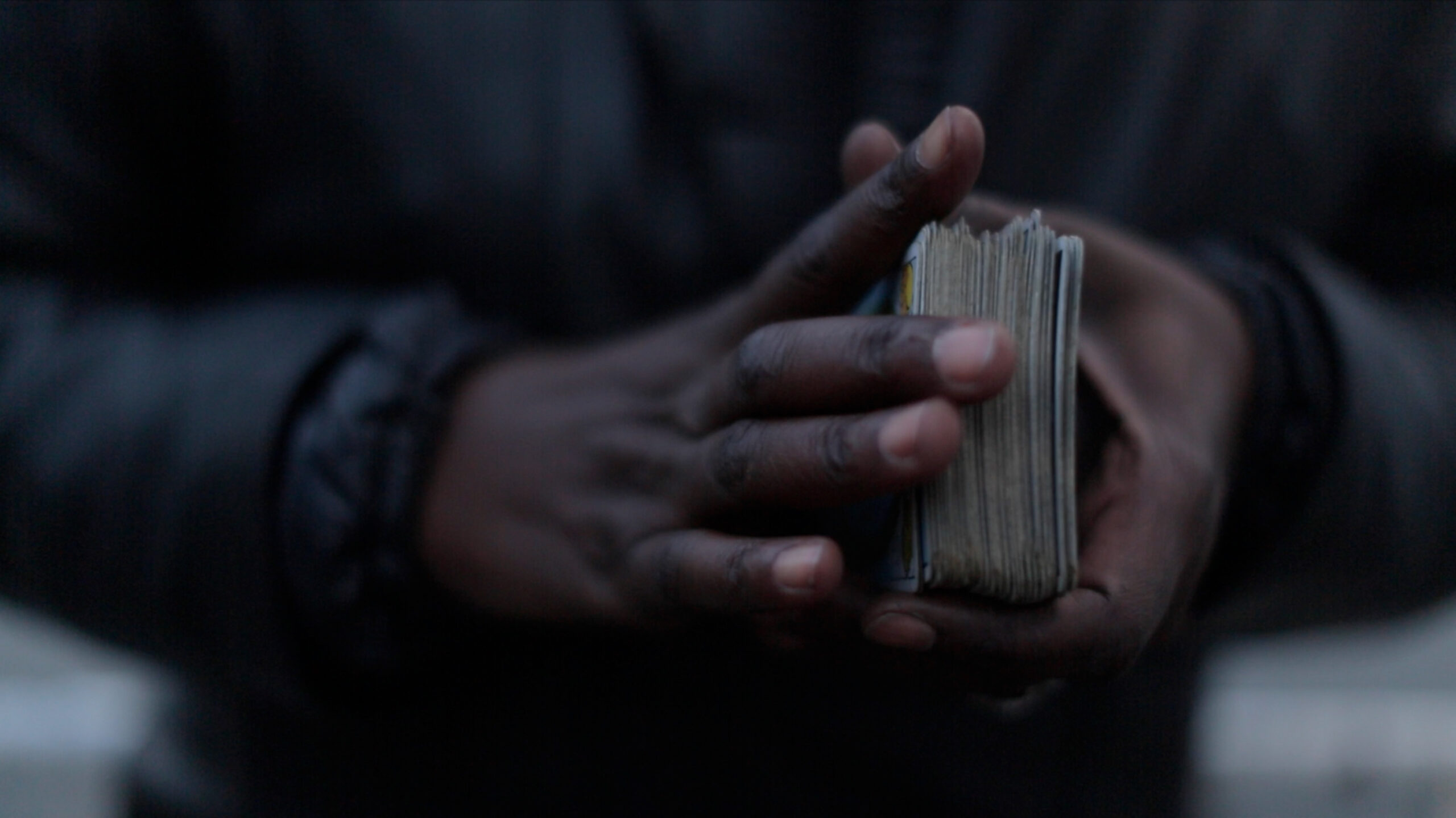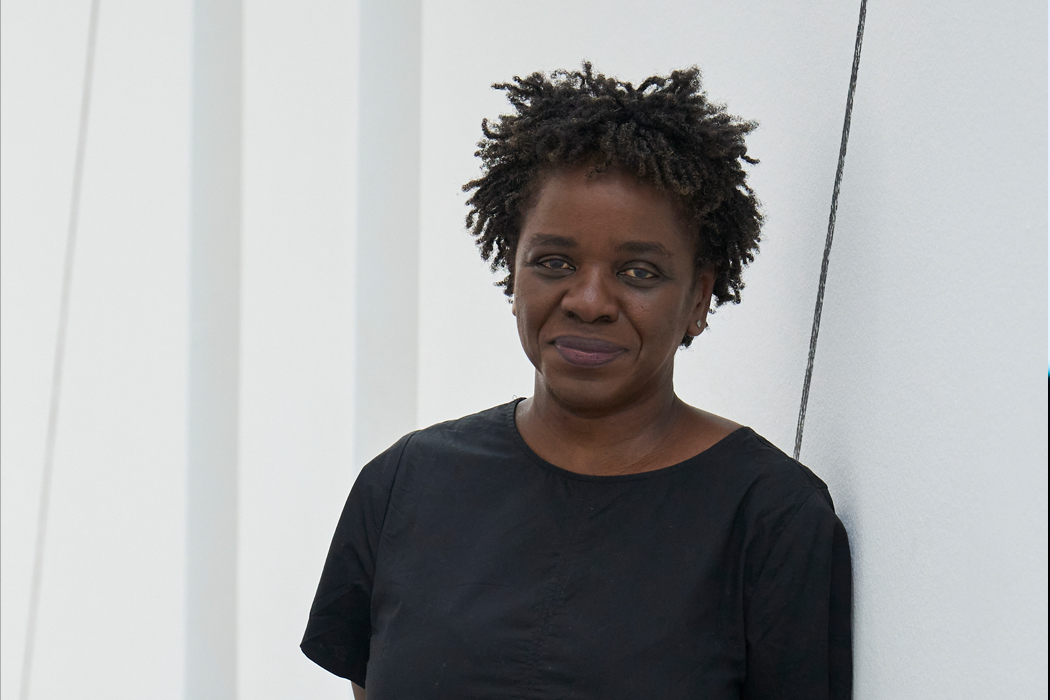More Than Perfect
More Than Perfect
As part of Denise’s evolving project More Than Perfect, this conversation brings together influential figures thinking through Blackness and Indigeneity to ask:
What if we took seriously the possibility that this world, as we know it, may be coming to an end? We dread the loss of this world, but have we begun to imagine the one to come?
Denise has made some of the most profound contributions to global anticolonial black feminist thought of the last decade or more. She’s also had a huge influence on our own thinking, contributing to Episode 6, 7 and 10. Her thoughts on the end of the world as we know it are central to Episode 11.
For More Than Perfect, Denise, along with artist and curator Amilcar Packer, have gathered some of the leading radical indigenous voices to be in conversation.
Geni is an indigenous Guarani and queer activist, and emerging voice in the Brazilian thought. Leanne is one of the most compelling indigenous voices in Turtle Island (‘North America’). Arissana is an artist of the Pataxó ethnic group in Brazil, and one of the curators of the Brazilian Pavilion at the 2024 Venice Biennial. Ailton Krenak, one of the great leaders of the Brazilian indigenous movement, will make contributions by video, as he can no longer attend in person.
Together, they will ask:
What if we took seriously the possibility that this world, as we know it, may be coming to an end? What if we considered that this may well result from both ecological and social devastations as well as radical propositions and programs for another world, a better world, whatever that may look like? We dread the loss of this world, but have we begun to imagine the one to come? How to imagine it collaboratively?
Denise Ferreria da Silva
For the descendants of the African and Indigenous American populations whose original displacements were crucially part of the creation of this world, this question is urgent. For around 500 years they have existed as if at the end of their worlds. For the black populations in the western hemisphere, this has meant life on the edge of non-existence, in a world mediated by the various mechanisms of violence and the violations that have over the centuries facilitated the extraction of value from their bodies and territories.
There is a verb tense in the Portuguese language, the more-than-perfect past (pretérito mais que perfeito). This tense refers to an action happened in the far away past before something else that also happened in the past, that is, the more-than-perfect refers to anything and everything that preceded anything and everything that happened later that then precedes something that happens after, and so on, it appropriately describes a mode of thinking (of sensing + imagining + grasping) that does not assume an efficacy and permanency (in time), that is, a thinking and knowing that does not rest on something like a subject or an efficient cause that will remain the same at the beginning and end of the action or experience. Taken as a hypothesis, this proposition will guide our conversations about Black and Indigenous art and thought and their contributions to designing intellectual tools and practices to counter the authoritarian turn at the level of thinking.
Denise Ferreria da Silva
This conversation is curated by Denise Ferreira da Silva, Amilcar Packer and Arika.
Join Arissana Pataxó and Amilcar Packer in their Study Session If There is a Future to Imagine, It is Ancestral on Saturday 16th November; Leanne Betasamosake Simpson and Robyn Maynard’s Rehearsals for Living on Saturday 16th November and Geni Núñez for their Study Session Against a Monoculture of Thought on Thursday 14th November.
ReadBios
Arissana Pataxó is a visual artist, teacher and researcher. She is an indigenous woman from Porto Seguro – Bahia (BRAZIL) and belongs to the Pataxó people. In 2024, she was part of the curatorship of the Hãhãwpuá Pavilion at the Venice Biennale together with Denilson Baniwa and Gustavo Caboco. In the same year, she stood out for her work together with Sandra Benites and Francineia Baniwa as a holder of the Olavo Setúbal Chair of Art at USP. To create her works, she uses various techniques and media, bringing discussions that permeate experiences with her family and her people, with themes that discuss struggle, territory, memory, etc. Since 2005, she has held several solo and group exhibitions in Brazil, and has also participated in group exhibitions in Portugal, Norway, England, and the United States. She has been working in indigenous school education since 2002, also developing activities with teacher training and production of teaching materials. She has a degree in Fine Arts, a master’s degree in Ethnic and African Studies from the Federal University of Bahia, and is currently a doctoral student in Visual Arts at the same university.
Geni Núñez is an indigenous Guarani and queer activist, psychologist and writer. She is currently a Postdoctoral researcher at the Institute of Advanced Studies at the University of São Paulo (USP). They have a doctorate in the Interdisciplinary Postgraduate Program in Human Sciences from the Federal University of Santa Catarina (UFSC), where they also completed a master’s degree in Social Psychology and a degree in Psychology. They are a member of the Human Rights Commission (CDH) of the Brazilian Federal Psychology Council (CFP) and the Guarani Yvyrupa Commission (CGY).
Denise Ferreira da Silva is a philosopher, writer, and filmmaker. Her academic and artistic works address the ethico-political challenges of the global present. She is the author of Toward a Global Idea of Race (2007), A Divida Impagavel (2019), Unpayable Debt (2021) and co-editor (with Paula Chakravartty) of Race, Empire, and the Crisis of the Subprime (2013) Her artistic work includes the films Serpent Rain (2016) and 4Waters-Deep Implicancy (2018), in collaboration with Arjuna Neuman; and the relational art practices Poethical Readings and Sensing Salon, in collaboration with Valentina Desideri. She has written texts for publications for the Liverpool, São Paulo and Venice Biennales, and for Documenta 14.
Leanne Betasamosake Simpson is a renowned Michi Saagiig Nishnaabeg scholar, writer and artist, who has been widely recognized as one of the most compelling Indigenous voices of her generation. Her work breaks open the intersections between politics, story and song—bringing audiences into a rich and layered world of sound, light, and sovereign creativity.
Leanne is the author of eight books, including A Short History of the Blockade and the novel Noopiming: The Cure for White Ladies which was short listed for the Governor General’s Literary Award for fiction and the Dublin Literary Prize. This Accident of Being Lost was a finalist for the Rogers Writers’ Trust Fiction Prize and the Trillium Book Award. Her new project, a collaboration with Robyn Maynard, Rehearsals for Living is a National Best Seller and was short listed for the Governor General’s Literary Award for non-fiction. Leanne is also a musician. Her latest release Theory of Ice was named to the Polaris Prize short list, and she is the 2021 winner of the Prism Prize’s Willie Dunn Award.
Working for two decades as an independent scholar using Nishnaabeg intellectual practices, Leanne has lectured and taught extensively at universities across Canada and the United States and has over twenty years experience with Indigenous land-based education. She holds a PhD from the University of Manitoba and is member of Alderville First Nation.
Ailton Krenak is considered one of the great leaders of the Brazilian indigenous movement. Since the 1980’s he’s been instrumental in bringing together the 180 different indigenous tribes of Brazil in multiple collective formations, as well as overcoming historical tensions between the indigenous peoples and the rubber tappers, to collectively organise against the capitalist bondage of the future.
He famously functioned as a representative of indigenous peoples at the debates on the 1988 Brazilian Constitution, where he ritually painted his face during a speech. This speech/ performance helped defeat the political slight of hand that would have ‘granted’ indigenous peoples’ Brazilian citizenship and rights, as a way to remove their immanent sociality and any claims they had to their traditional lands, thus opening those lands up to extraction and exploitation.
He either co-founded or participated in multiple indigenous rights organisations, such as the União dos Povos Indígenas (Union of Indigenous Peoples), the Aliança dos Povos da Floresta (Alliance of Forest-dwelling Peoples), the Núcleo de Cultura Indígena (Nucleus of Indigenous Culture), among others. From 2003 to 2010, Krenak was special aide for indigenous affairs to the governor of Minas Gerais. In 2016, he was awarded an honorary doctorate by the Federal University of Juiz de Fora, where he teaches about culture, history and traditional knowledge of indigenous peoples. In October 2023, he was elected to the Brazilian Academy of Letters, being the first indigenous Brazilian to join the institution.
He has published over 15 books. Some of them have been translated into more than 13 languages. In recognition of his intellectual contributions, he was honoured with the prestigious Juca Pato award for ‘intellectual of the year’ by the Brazilian Writers Union in 2020. Presently, he resides in the Krenak Indigenous Reserve, situated in the municipality of Resplendor, Minas Gerais. Ailton can no longer attend in person, but will participate by video.
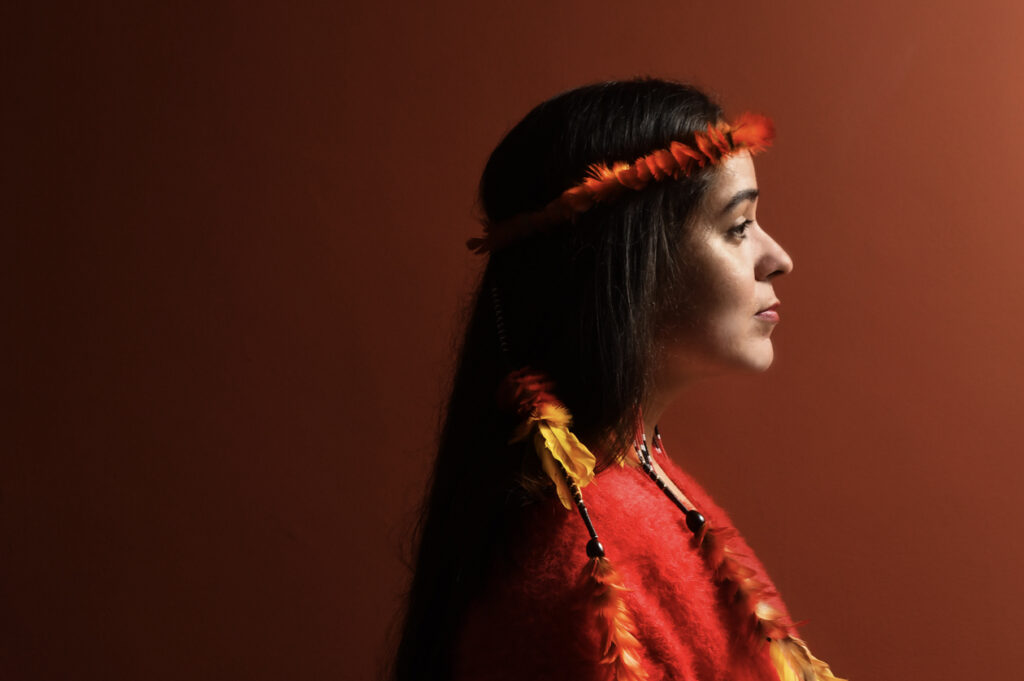
▴ Geni Núñez, Credit: Karime Xavier

▴ Leanne Betasamosake Simpson, Credit: Zahra Siddiqui
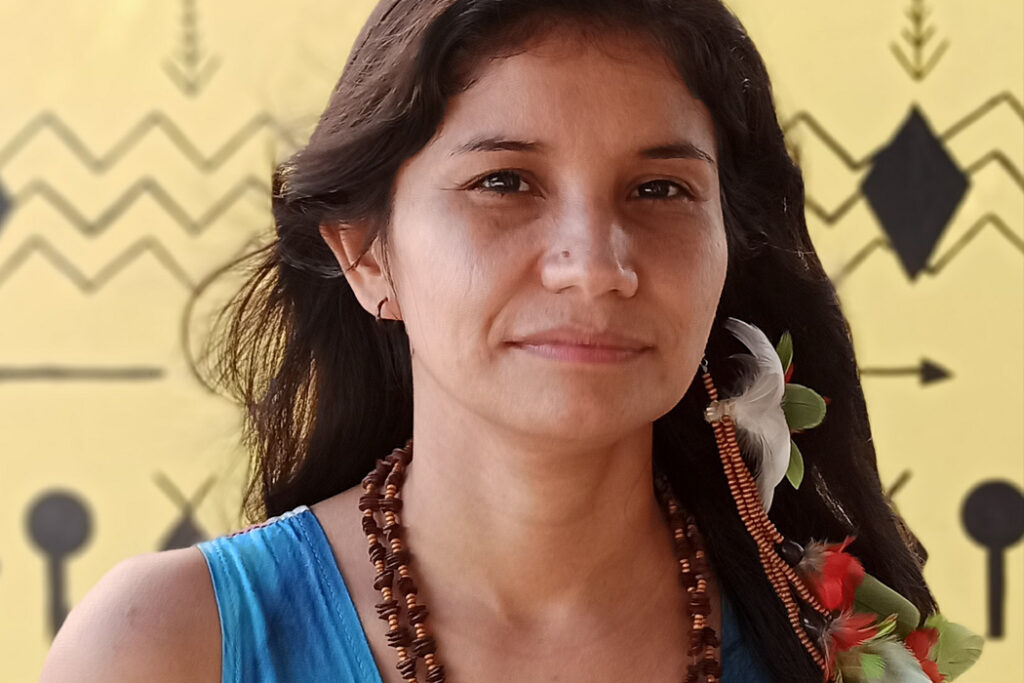
▴ Credit: Jussimar Guedes
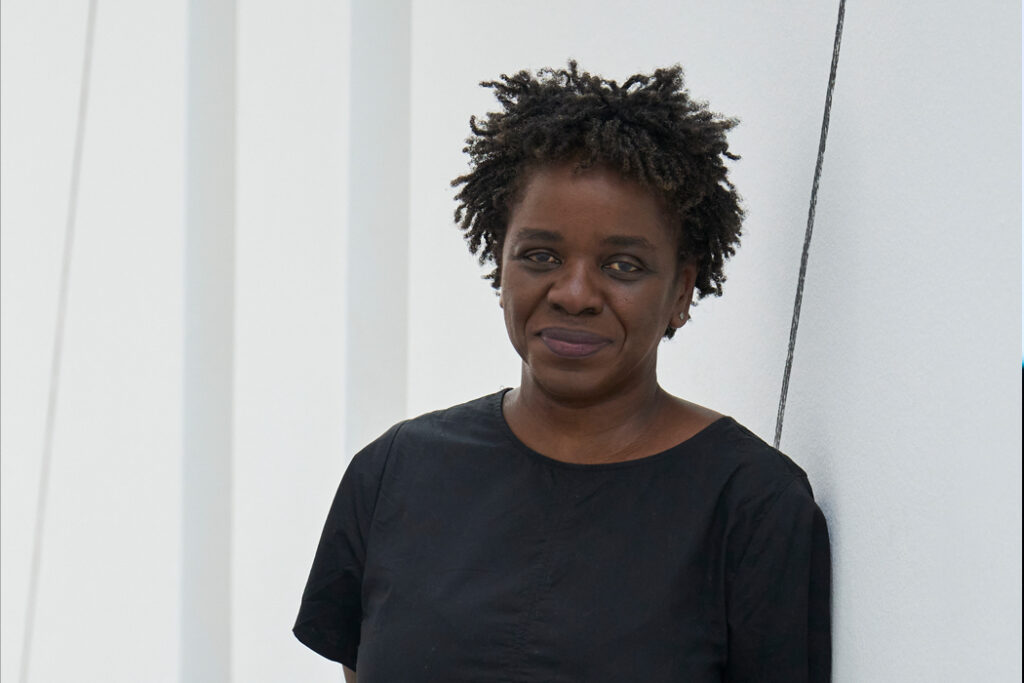
▴ Denise Ferrieria da Silva, Credit: MACBA, 2023
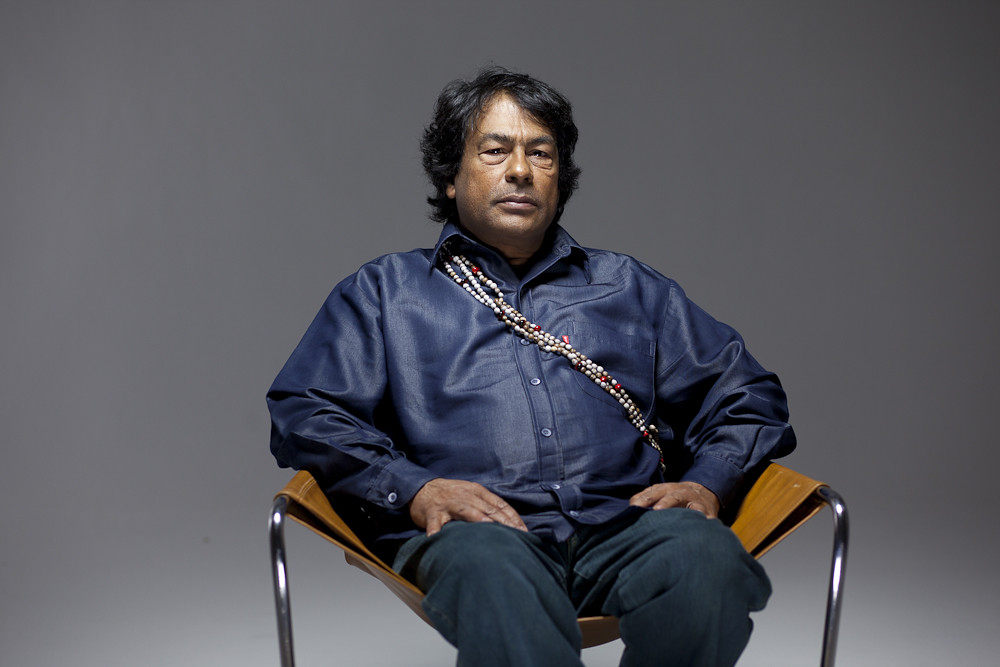
▴ Ailton Krenak
Access
BSL
Live Captions
Live Stream
Translation
See general Access information for Episode 11: To End the World As We Know It event
Artists
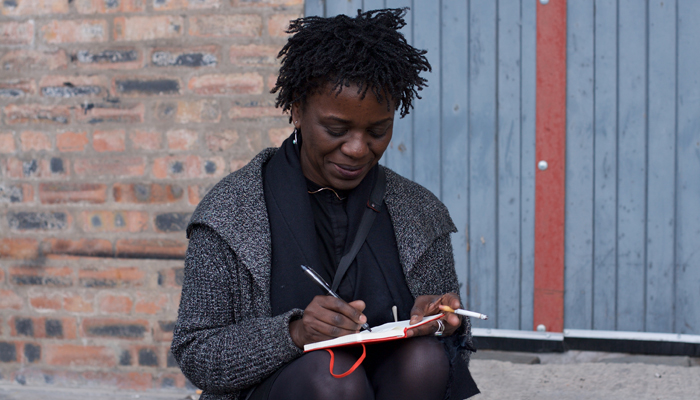
Denise Ferreira da Silva
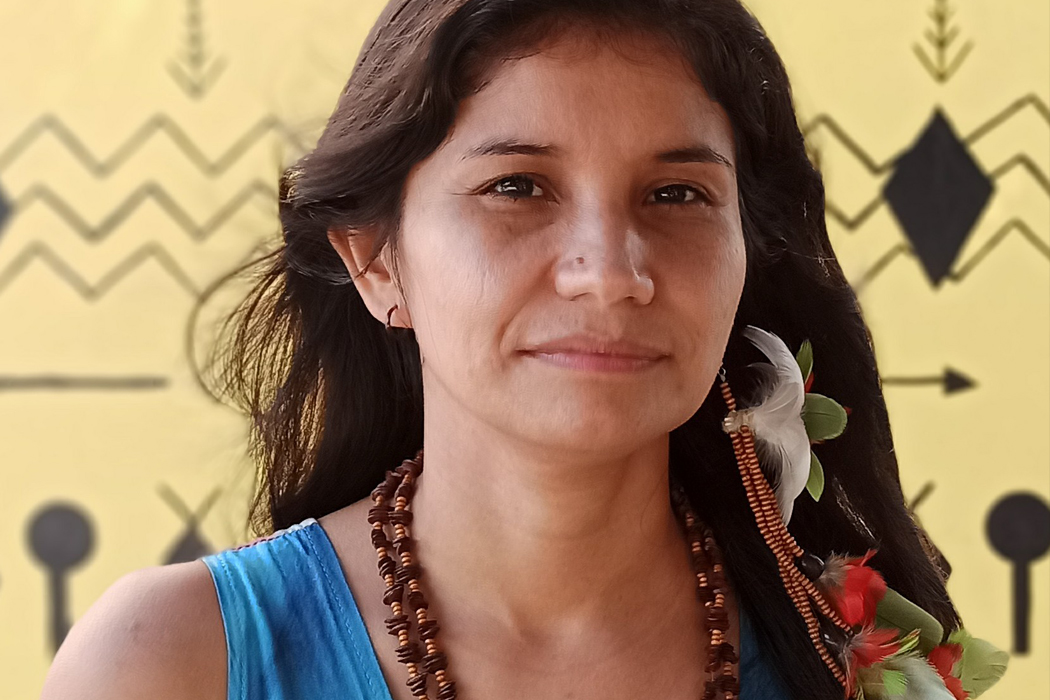
Arissana Pataxó
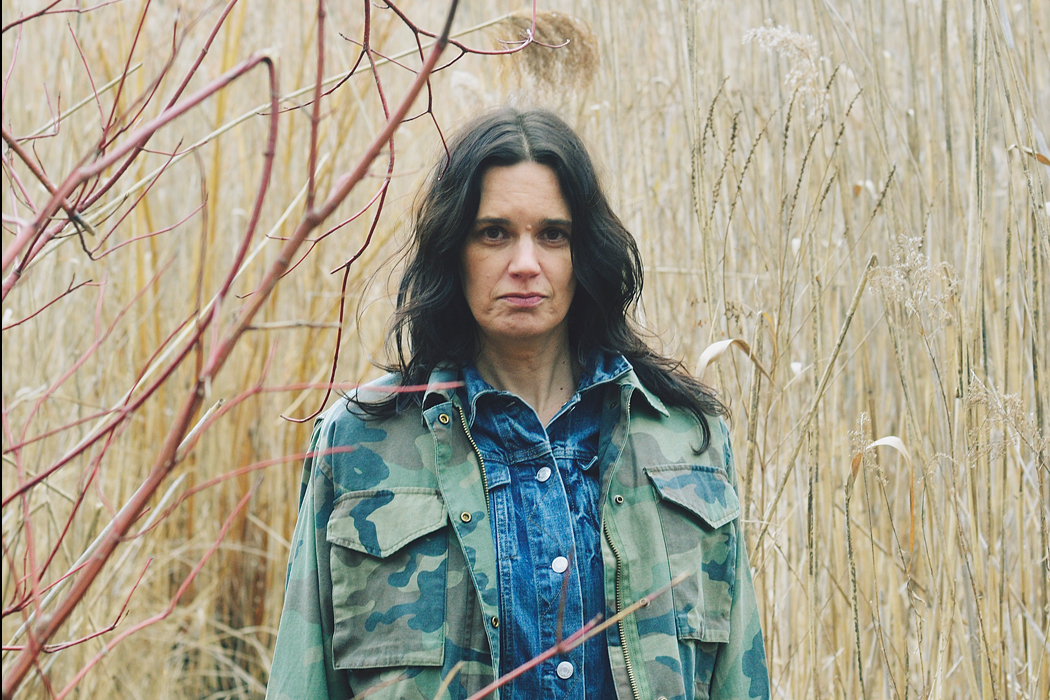
Leanne Betasamosake Simpson
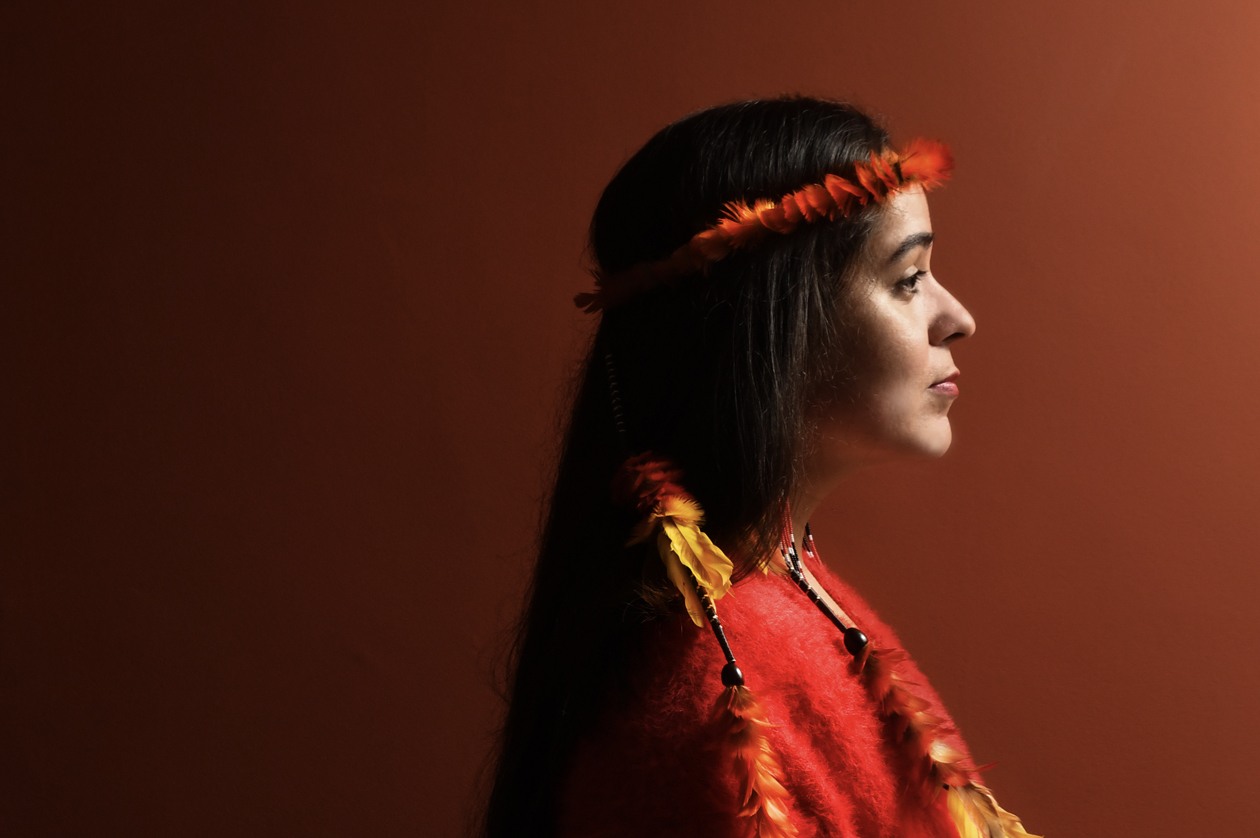
Geni Núñez

